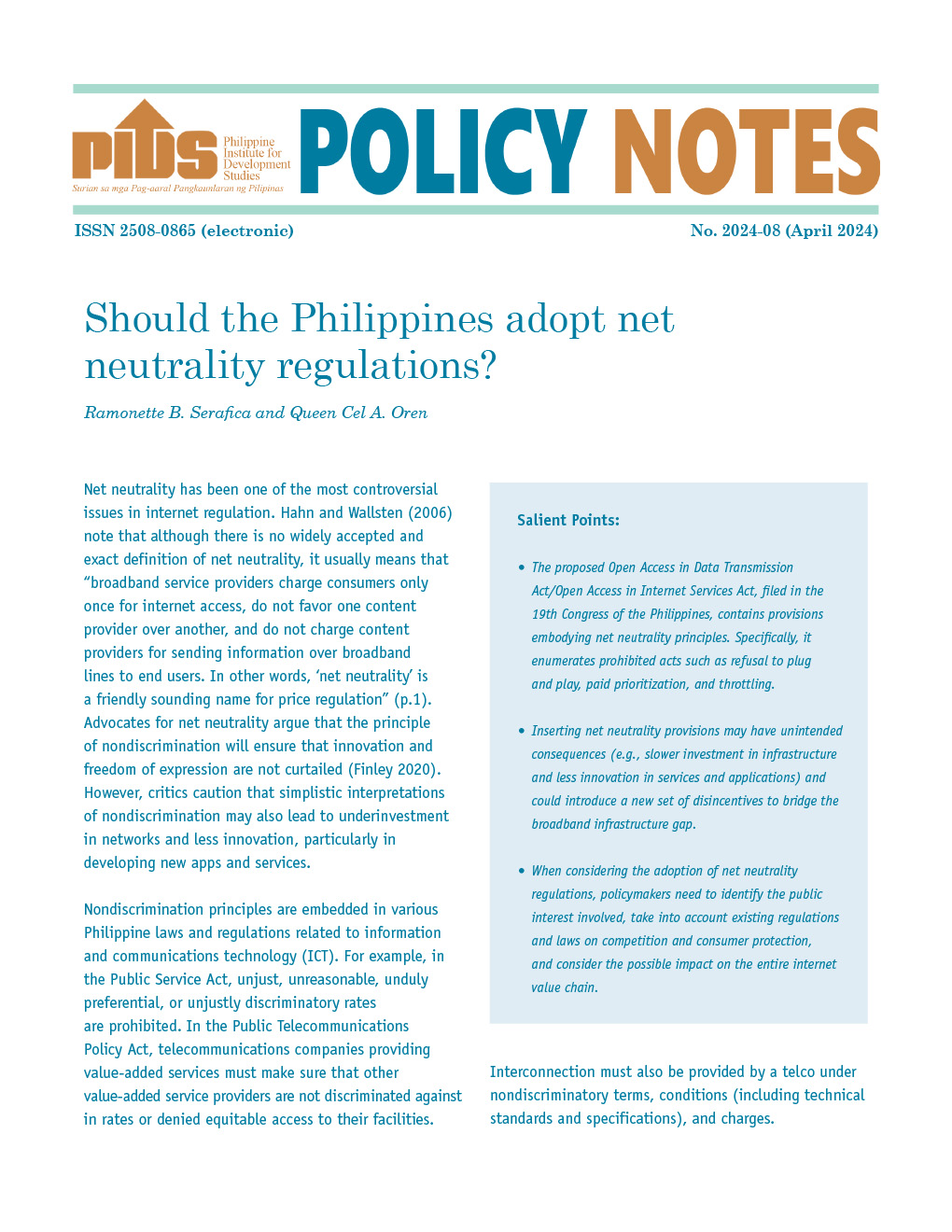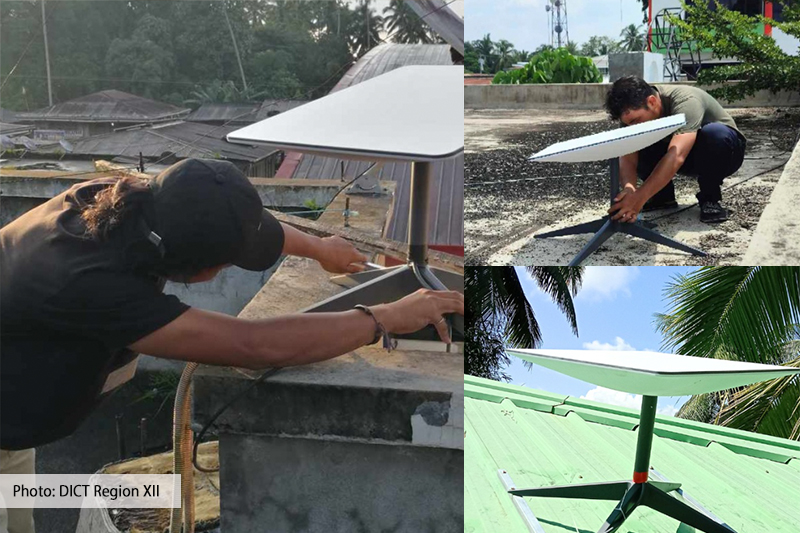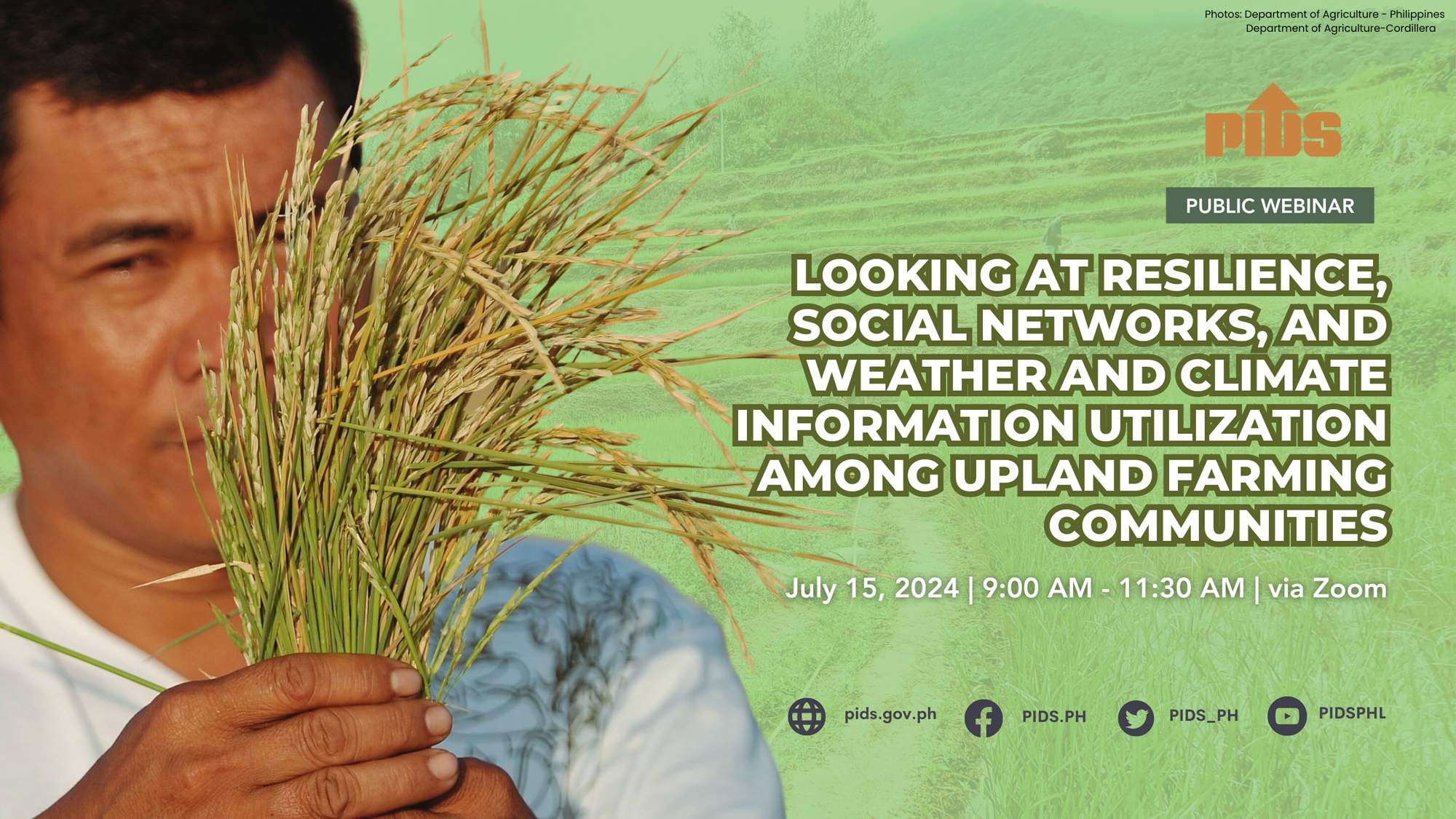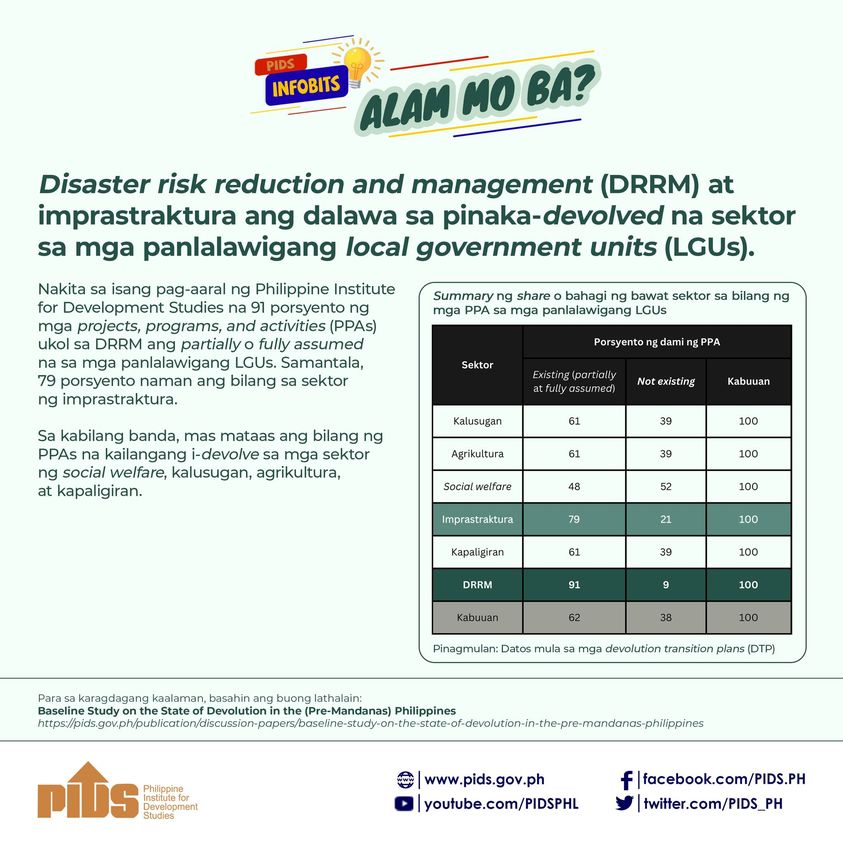SOCIOECONOMIC PLANNING Secretary Karl Kendrick T. Chua said he will focus on infrastructure, innovation and climate change before he steps down as head of the National Economic and Development Authority (NEDA).
Speaking at a forum arranged by the Philippine Institute for Development Studies, Mr. Chua said NEDA is also preparing for the country’s post-pandemic needs and putting the economy on a more solid footing for the next administration next year.
He called his priorities critical to sustaining the push towards upper-middle income status, which the Philippines hopes to attain by next year.
“As Secretary, my priority for the remainder of my term is to give the next administration a better foundation (with) more responsive infrastructure, innovation, which is the basis for sustaining our upper-middle income country status, regional equity in allocation of budget for infrastructure and social services, and most importantly, the threat of climate change,” he said in his speech.
Mr. Chua was named head of NEDA in April 2020, replacing Ernesto M. Pernia, who resigned.
His priorities at the start of his term were to fast-track registration for the national ID and prepare the economic recovery plan.
As the economy gears up for recovery, he said structural reforms in agriculture are needed, noting the distorting effect of current policy on the industry which have hampered its growth, creating a knock-on effect on manufacturing as well.
“A strong, productive agriculture sector provides the foundation for a competitive manufacturing sector, and eventually a high-skilled services sector,” he said.
He cited the Rice Tariffication Law as one of the much-needed reforms rolled out recently. Mr. Chua noted how the law loosened restrictions on imports of the staple grain, augmented supply and generated revenue from rice tariffs to modernize the industry.
“Moving forward, more are needed to improve the competitiveness of agriculture as well as other sectors through more cluster and value chain analysis,” he added.
At the same forum, Campden Hill Group, Inc. Chairman Antonio Jose U. Periquet said there is also a need to promote stronger competition across industries to bring down input costs and commodity prices, and eventually attract investment.
“There is a lack of competition in many sectors in our economy, which allows local firms to be price-setters, instead of price takers. Whereas in a situation of perfect competition, the consumer is king; here it is the producer who is king. This phenomenon explains why the only thing we seem to be able to export on a meaningful scale after decades of development, are people and coconuts. We simply cannot make things cheaply in this country,” he said.
To address this, Mr. Periquet said corporate behavior has to change to make both publicly-listed companies and private firms more responsible to society and shareholders, while stronger governments and institutions are needed to improve regulation and pave way to improve the business environment.
The structural reforms needed, he said, include an opening up to more foreign investment.
NEDA’s Chua names infrastructure, innovation, climate change as priorities












